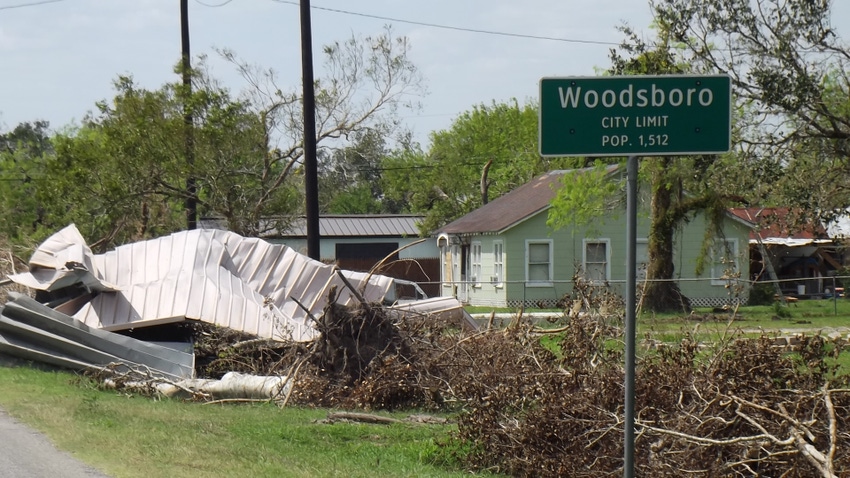
Sound and fury of hurricanes to echo in Congress
Soon now, we will begin to hear the discordant cries of senators and representatives niggling over how much to spend and where the money will come from. Chances are pretty good that some will insist that nothing be budgeted for relief efforts unless an equal amount is cut from other programs.

How big does our government need to be? That’s a loaded question, begging all manner of political discourse, which, in these troubled times would deteriorate into acrimonious charges of tax and spend on one hand and miserly neglect on the other. Such, alas, is our political state.
The correct answer to that loaded question, it seems to me, is a simple one—as big as it needs to be, but small enough not to create an undue burden on the people who pay the bill. A simple answer, perhaps, but one fraught with political nitpicking opportunity.
We hear the arguments all the time. Big government is the bane of our existence. Government programs are necessary to provide all citizens adequate, if not equal (that will never happen), opportunity. Government is created to provide for the common good, most would agree. But how good and how common?
I often hear political rhetoric about how we need to trim or increase the size of government. We need “limited” government, some say. We need government protection and a government safety net, others will reply.
Yes, we do. We need limits and we need flexibility.
I anticipate we will soon get a bellyful of this rhetorical back and forth, most, as the bard would say, “filled with sound and fury and signifying nothing.” How big and how involved the government should be may be different for someone still trying to dig their way out of the muck and debris left in South Texas by Hurricane Harvey. It might be different to the folks in the Florida Keys, in the entire state of Florida, and across much of the Southeast as Irma leaves devastation and dashed hopes, dreams and well-being of millions of American citizens, most of them taxpayers.
Their take on how involved government needs to be might differ significantly from those of us high, dry and intact after the storms.
WHO CAN PAY?
The states affected will not have the money to take on recovery and rebuilding. Communities, individuals, and benevolent organizations, will not have the wherewithal to make a dent in the overwhelming task of cleaning up after either of these monstrous storms.
The federal government will have to step in, has already done so. No other entity can.
Soon now, we will begin to hear the discordant cries of senators and representatives niggling over how much to spend and where the money will come from. Chances are pretty good that some will insist that nothing be budgeted for relief efforts unless an equal amount is cut from other programs. That is pure and simple nonsense—robbing Peter to pay Paul. What gets cut? Who plays Peter and who gets paid?
This is my point—government needs to be flexible enough to expand to take care of disaster relief. It needs to grow to cover the costs of a war (it didn’t and we’re still on the hook for that bill). We need a rainy day fund large enough to take care of hurricanes like Harvey and Irma. We know these things will occur every year, yet we are always behind in trying to determine how to pay for them. Recommending a huge cut in FEMA was not a particularly good idea.
A temporary bump in taxes? No one likes that idea. Who gets taxed, how much, for how long? And once it’s in place how hard is it to rescind?
And therein lies the dilemma. In this divisive period of U.S. governance—or lack of—deciding how to pay a bill that must be paid creates sound and fury and little common sense. I think few, if any, in Congress would disagree that rebuilding South Texas, Florida, Louisiana, Mississippi, Georgia and the Carolinas following two of the most destructive hurricanes in history is essential. Where the money comes from will be a contentious issue.
The most likely outcome is to put it on the credit card and let the next generation figure out how to pay for it. Sometimes, when the coffers are empty, we have to raise more money.
Or we could have a bake sale.
About the Author(s)
You May Also Like





